Politics
/
August 16, 2024
The president’s foreign policy choices in the Middle East and Ukraine have been a disaster. Harris needs to make a decisive change.
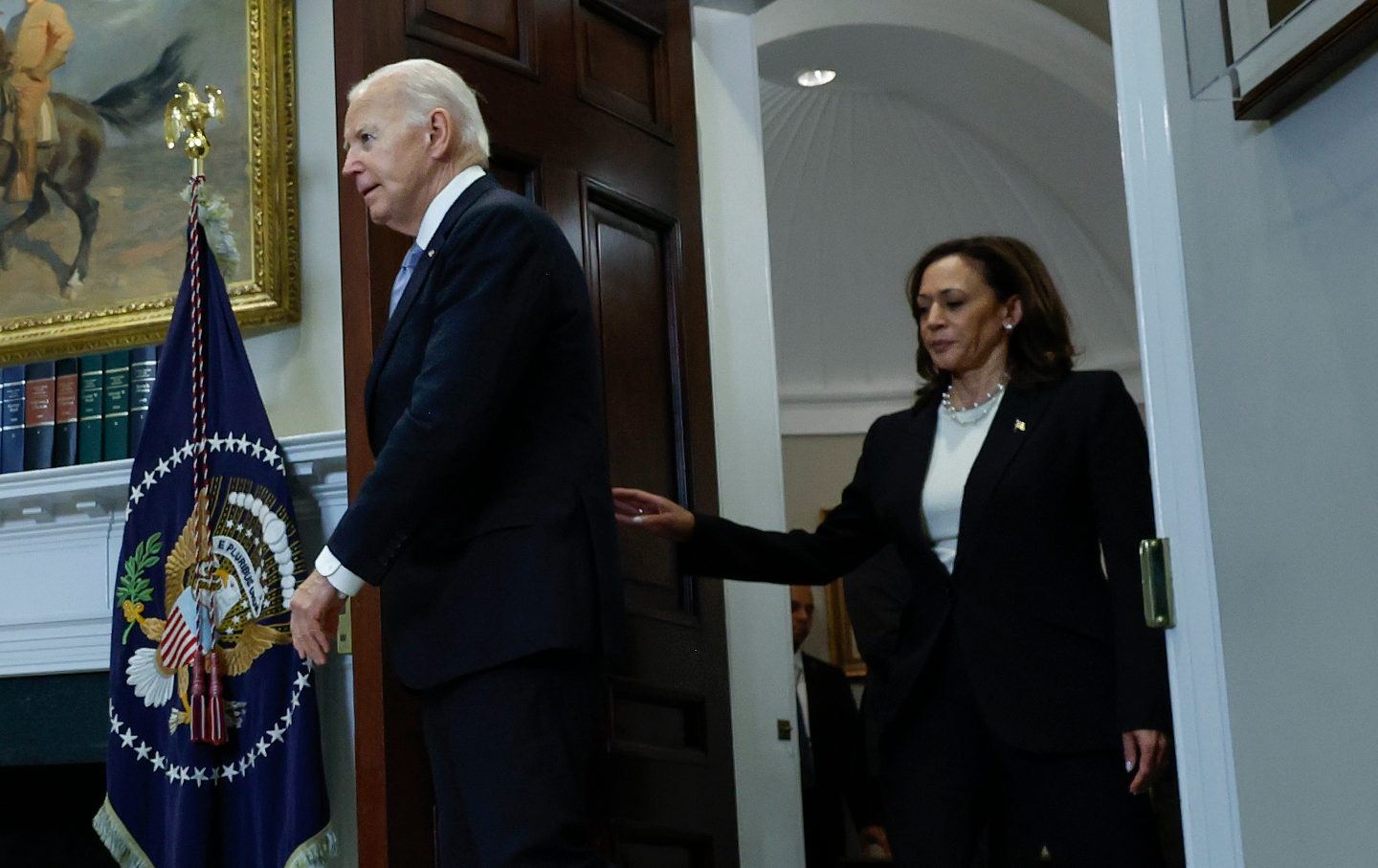
Joe Biden and Kamala Harris at the White House on July 14, 2024.
(Mandel Ngan/AFP via Getty Images)
Last November, I stopped serving on President Joe Biden’s National Finance Committee because I could no longer support his reckless approach to ending the war in the Gaza Strip, where Israel continues to use U.S. weapons to kill innocent women and children every day. Now that Biden has stepped aside, I am cautiously optimistic that Vice President Kamala Harris and her running mate, Minnesota Gov. Tim Walz, have the political space and determination to do what Joe Biden failed to do: make a fundamental course correction in how the United States is handling the competing crises in Ukraine and Gaza.
The need for such change could not be more urgent. Israel’s reckless decision to assassinate Hamas political leader Ismail Haniyeh in Iran and Hezbollah commander Fuad Shukr in Lebanon has brought the region to the brink of a massive regional war, a war that will most likely drag American soldiers into another Middle Eastern conflict.
I speak from experience when I say that Biden’s two-war approach has weakened America and brought the world closer to the kind of metastatic global conflict we’ve all long feared. I’ve spent much of the past few years as a front-line aid worker in Afghanistan, Ukraine, and the Middle East, trying—sometimes in vain—to save desperate families from the deadly consequences of Biden’s decisions.
The flaws in Biden’s conventional approach to foreign policy were exposed just months into his term, with the poorly planned and needlessly chaotic withdrawal of American troops from Afghanistan.
When Kabul fell in August 2021, I flew to Afghanistan to help hundreds of panicked Afghans escape the Taliban regime, even after the last U.S. soldiers left without fulfilling Washington’s promise to protect those who had helped America.
It is unclear what lessons were to be learned from the botched withdrawal from Afghanistan.
Current number
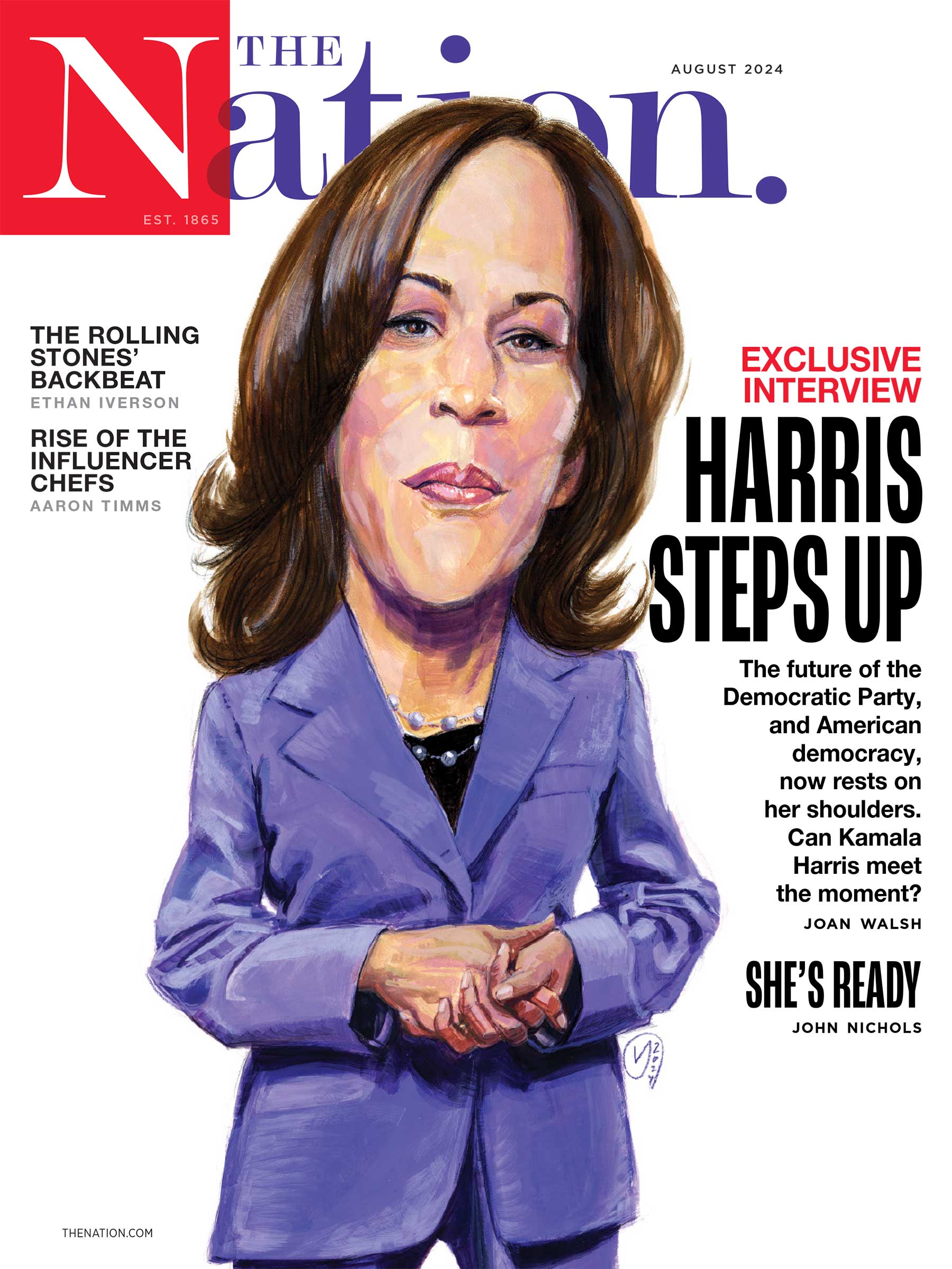
I was an early supporter of Biden’s unwavering support for Ukrainian President Volodymyr Zelenskyy (I have personally provided over $50 million in direct humanitarian aid to civilians in Ukraine) and his role in convening the global coalition of allies that is providing Kiev with the weapons and support its leaders need to triumph over Russian President Vladimir Putin. He was right to support Ukraine, and I think that decision will go down as his greatest foreign policy success.
But the same lack of strategic clarity I witnessed in Afghanistan has become apparent as the war in Ukraine has dragged on. Two and a half years later, I have lost more Ukrainian friends than I can count. And while the United States has spent nearly $175 billion on a policy that helped Ukraine repel Russian advances, the strategy now appears to be to prop up a bloody quagmire with no military or diplomatic resolution to the conflict. Ukraine’s current incursion into Russia is further evidence of its capabilities. However, it will do little to fundamentally change the tide of the war unless the administration can finally bring itself to do what it takes to send the Russians home.
We need to demand more from Harris. She and Walz still face an uphill battle against Trump, and preventing his return to the White House will require the vice president to do more than develop viral memes and “Brat”-era branding. To win back disaffected voters like me this November, Harris must make a decisive break with Biden’s foreign policy and chart a new path for the United States as a morally grounded global leader, especially in the Middle East and Ukraine.
Part of that disruption must include a change of course on Gaza. The war there has galvanized American students in a way not seen since the anti-apartheid movement of the 1980s. Biden’s unstinting support for Israel has sapped his support among demoralized voters like me who expected basic respect for international law and innocent civilian life. Biden’s “bear hug” strategy toward Prime Minister Benjamin Netanyahu’s government has failed to dissuade Israel from creeping toward a regional war or from continuing to kill innocent Palestinian women and children by the thousands.
Almost every day I receive pleading messages from doctors working in Gaza asking me to help them carry out seriously injured children, or bring life-saving medicine. Biden’s approach, a mild criticism mixed with almost unceasing military support, has been completely ineffective.
I still have nightmares about those I couldn’t save. At the beginning of the war, I worked to get a 24-year-old mother named Layla and her baby, Alia, out of Gaza. Layla was killed in an airstrike after 10 days of war. We worked day and night with various officials to try to get permission to get Alia out of Gaza. But another Israeli airstrike killed Alia before we could get her to safety.
Meanwhile, U.S. military aid and sea crossings were no substitute for the simple solution to ending a slow-motion genocide: forcing Israel to reopen its borders to allow thousands of aid trucks into Gaza.
Harris’s remarks after a July 25 meeting with Netanyahu offered hope to those of us seeking a more active U.S. role in ending the conflict and preventing a regional war. She focused on the suffering of the Palestinians and pushed back against Netanyahu’s assertion earlier that day that Israel “must maintain prevailing security control [in Gaza],” saying that a ceasefire and hostage-taking agreement would require “an Israeli military withdrawal from population centers in Gaza.”
Advertising Policy
Harris must build on those words and start moving the needle now. She can join forces with U.S. officials and the entire Biden administration who are quietly trying in vain to persuade the president and his top advisers to take a tougher stance on Netanyahu. She can stop relying on the policy prescriptions of a small group of Beltway think tanks filled with former officials eager to defend their failed policies and maintain their financial support from arms companies and foreign governments. And she can push the Biden administration to impose an arms embargo on Israel, demand that Netanyahu engage in good faith in ceasefire negotiations, and resume funding for the United Nations Relief and Works Agency for Palestine, which Israel has baselessly accused of working with Hamas.
The vice president has already found the right tone after meeting with Netanyahu, but now it’s time for Harris to start making sure her actions match her words.
Popular
“swipe left down to see more authors”Scroll →
Taking a clear moral stand now, backed by concrete measures that spell out how she would lead the nation in a new direction, would allow Harris to reenergize support among voters who will likely decide the outcome of the presidential race. Harris needs to win back their trust if she hopes to build a winning coalition in key states this November.
Can we count on you?
In the upcoming election, the fate of our democracy and basic civil rights are at stake. The conservative architects of Project 2025 are planning to institutionalize Donald Trump’s authoritarian vision at every level of government if he wins.
We have already witnessed events that fill us with both terror and cautious optimism, in all of this, The nation has been a bulwark against misinformation and a champion of bold, principled perspectives. Our dedicated writers sat down with Kamala Harris and Bernie Sanders for interviews, parsed J.D. Vance’s shallow right-wing populist appeals, and discussed the path to a Democratic victory in November.
Stories like these and the one you just read are vital at this critical moment in our country’s history. Now more than ever, we need independent, lucid, and deeply researched journalism to make sense of headlines and separate fact from fiction. Donate today and join our 160-year legacy of speaking truth to power and elevating the voices of grassroots advocates.
Throughout 2024, and in what will likely be the defining election of our lifetimes, we need your support to continue publishing the eye-opening journalism you rely on.
Thank you,
The editors of The nation
Amed Khan
Amed Khan is a human rights defender, political activist and philanthropist.
More from The nation
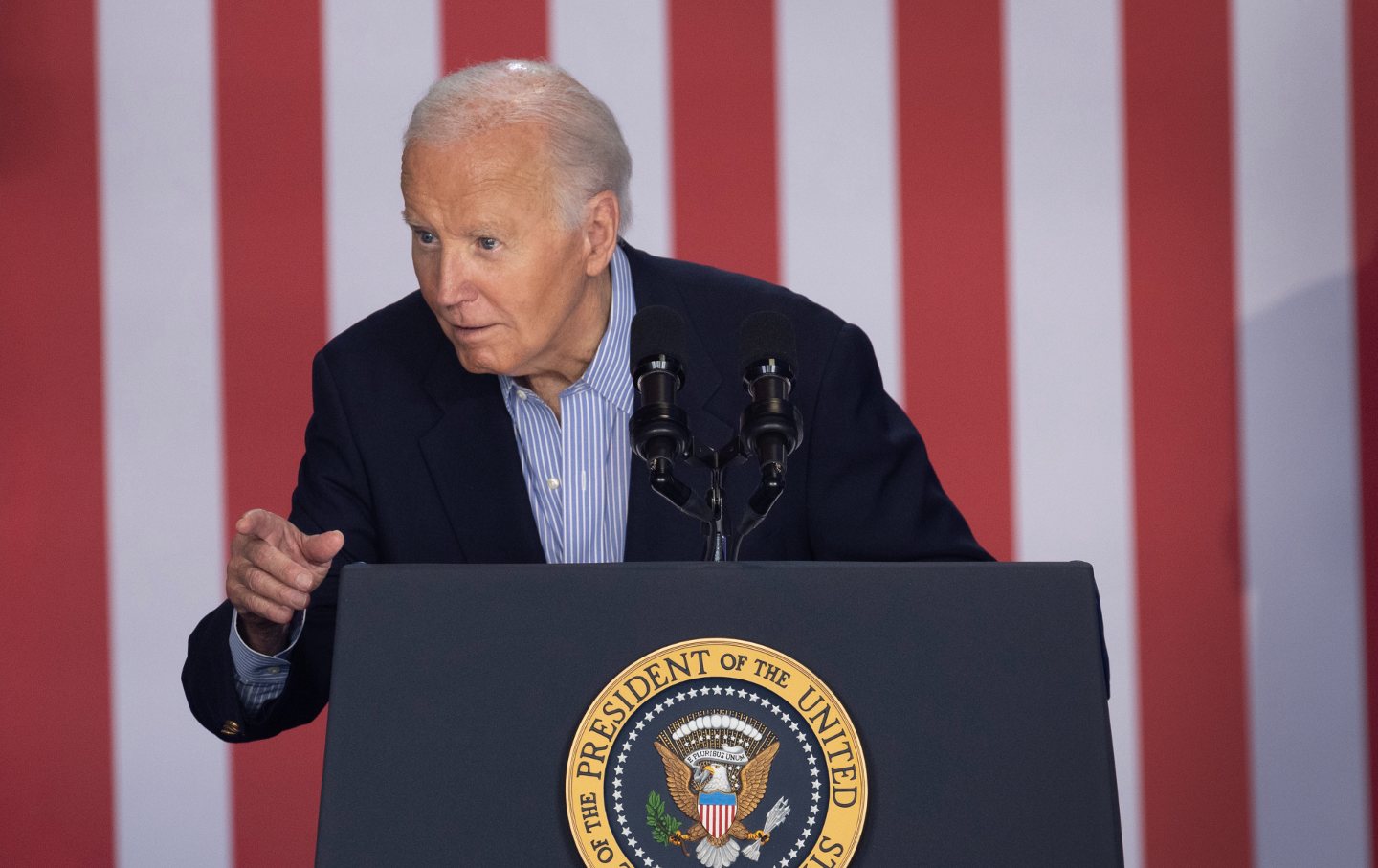
Hey, can we go back to when a lot of supposedly intelligent people were making one of the most patently ridiculous political arguments of all time?
by Joshua A. Cohen
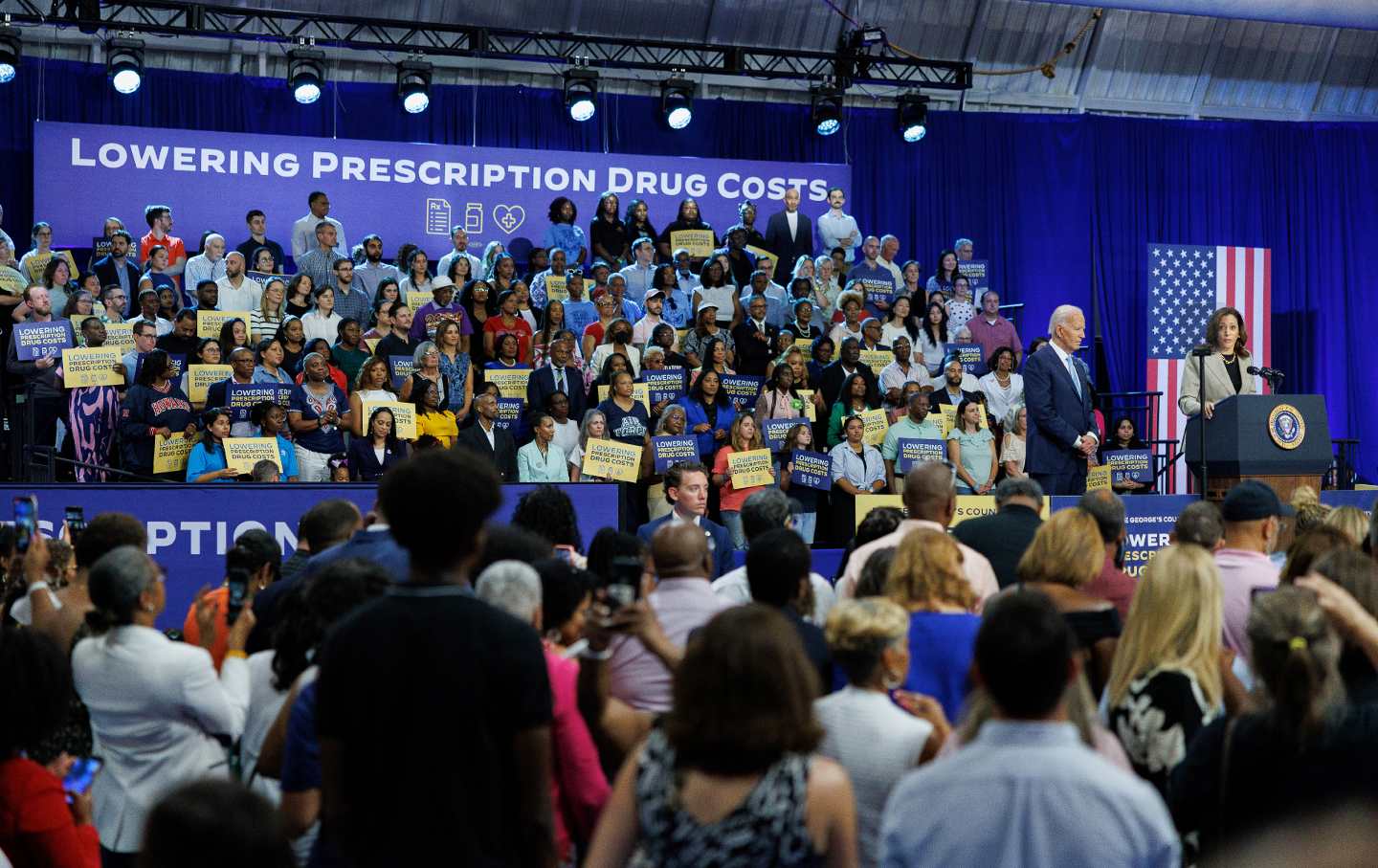
They were celebrating a historic reduction in Medicare prices, but in reality they were showing off their partnership.
Joanna Walsh
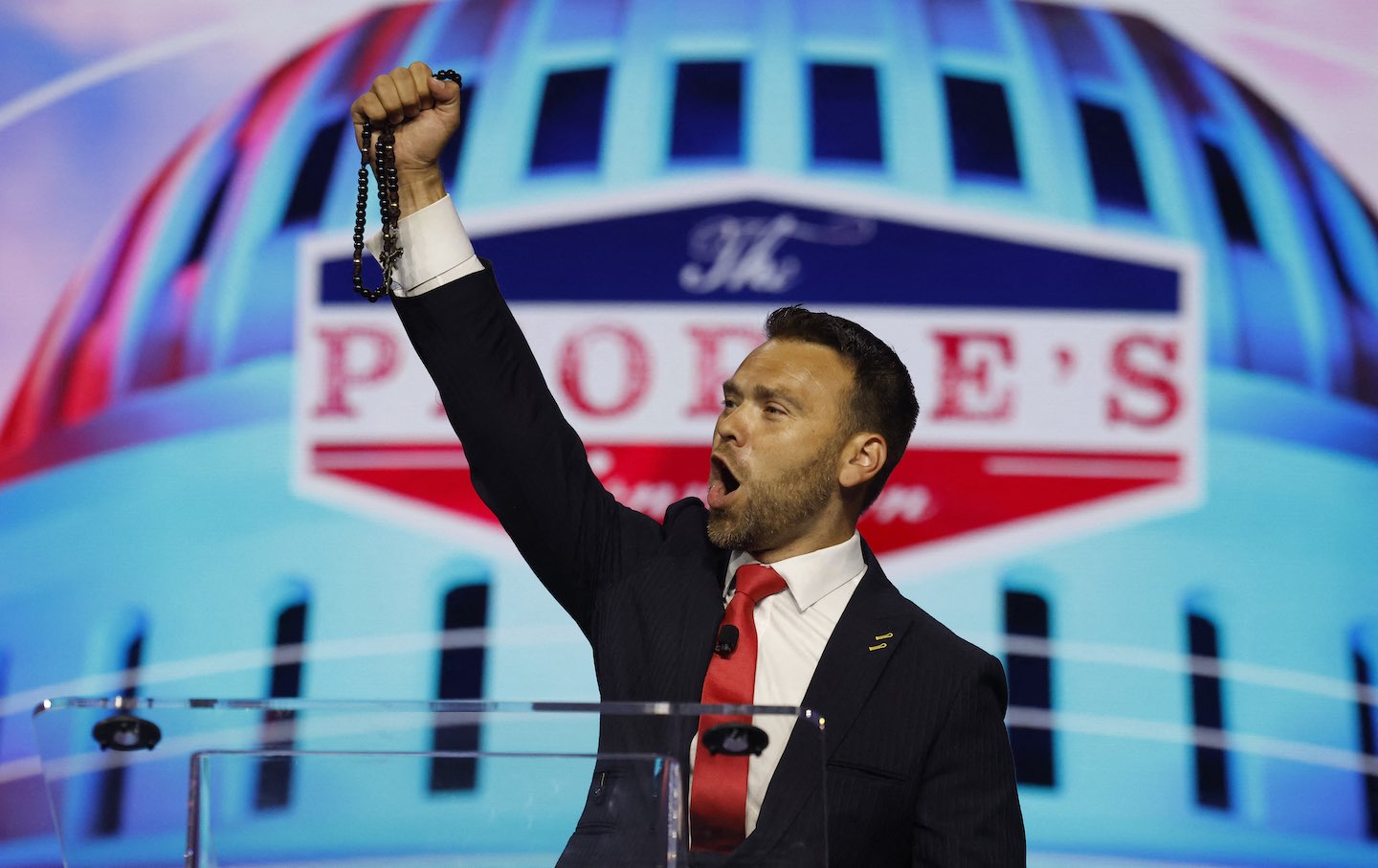
The alt-right grifter’s new book echoes and supports fascist rhetoric. And the Republican vice-presidential candidate made a short commercial about it.
My life is beautiful

Former Trump adviser Stephen Miller is trying to distance himself and his organization from the 2025 Project. (Painting inspired by Philip Guston’s KKK paintings.)
OppArt
/
Colleen Quinn

Running as an outspoken advocate for a ceasefire in Gaza, Omar dramatically increased her margin of victory in the Democratic primary. Shouldn’t we be paying more attention?
John Nichols





